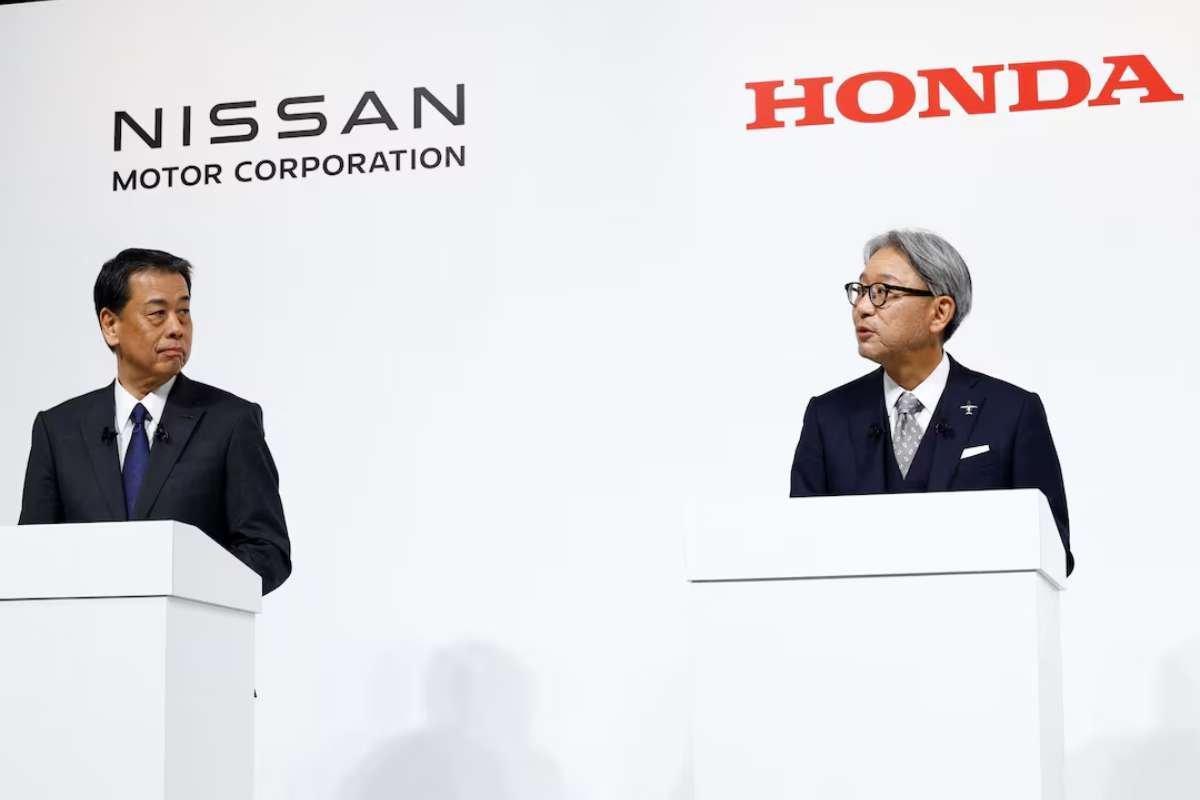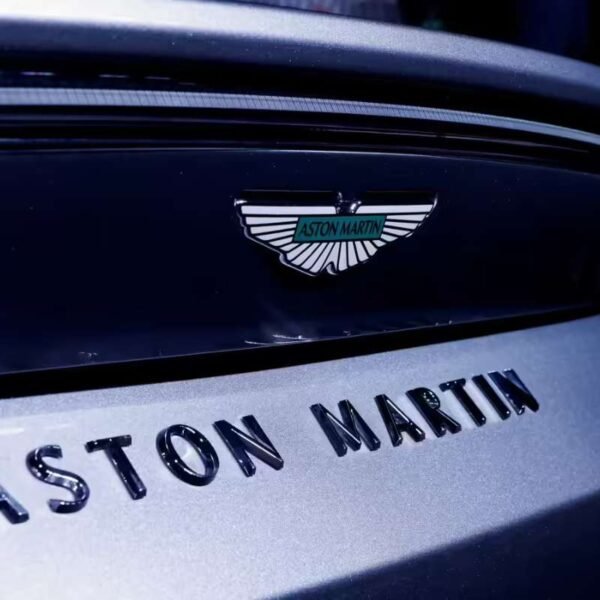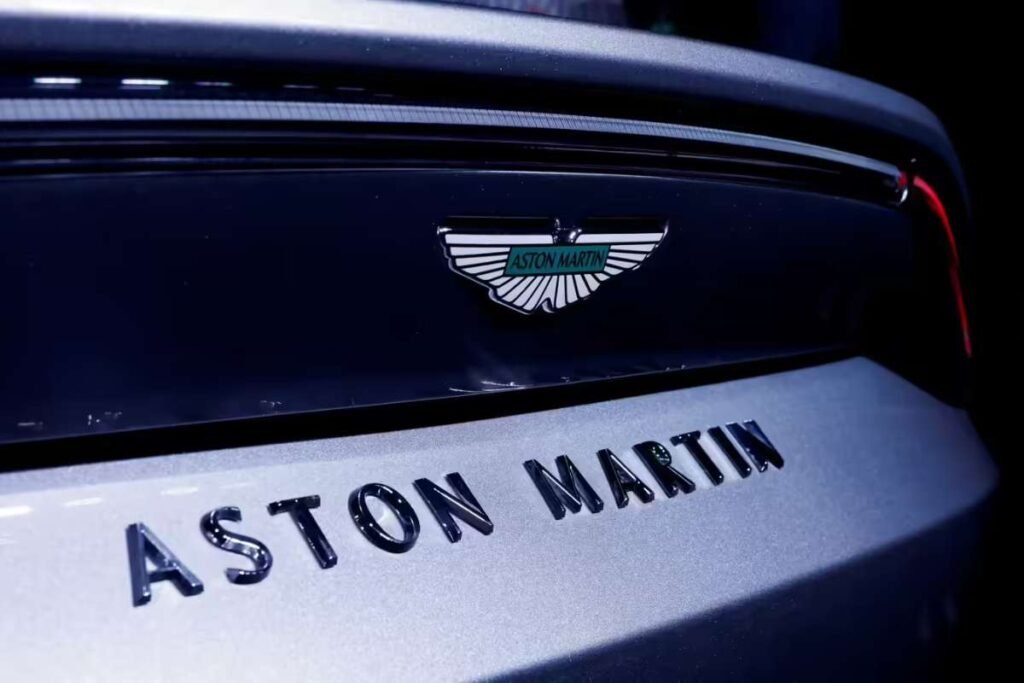Merger Talks Fail to Reach Agreement
Negotiations for the Honda-Nissan merger have collapsed after the two Japanese automakers failed to finalize a multi-billion dollar deal. The talks aimed to create a powerful automotive alliance to strengthen their position against increasing competition, particularly from Chinese manufacturers.
Honda’s chief executive, Toshihiro Mibe, previously emphasized the need for collaboration, citing the rising dominance of Chinese automakers. A successful merger would have positioned the two firms alongside major global players such as Toyota, Volkswagen, General Motors, and Ford. Additionally, Nissan, once Japan’s second-largest car manufacturer, could have gained much-needed stability following years of financial struggles and executive-level turbulence.
Challenges in the Global Automotive Market
The collapse of the Honda-Nissan merger comes at a time when Nissan has been facing declining sales, particularly in China and the United States. In November, the company announced plans to cut thousands of jobs in an effort to combat the downturn.
The automotive industry has been undergoing significant transformations, with Chinese electric vehicle (EV) manufacturers, such as BYD, gaining a strong foothold in the market. Many global carmakers have struggled to keep pace with China’s rapid advancements in EV technology and production. In response to these shifts, Honda and Nissan had initially explored a strategic partnership in March last year, aiming to develop competitive EV capabilities.
Honda’s leadership had previously indicated that strengthening their technological and manufacturing resources was crucial to remaining competitive by 2030. Without such advancements, they warned, established automakers risked losing market share to emerging industry leaders.
Foxconn’s Potential Investment in Nissan
Following the failed Honda-Nissan merger talks, another potential player has entered the scene. Taiwanese technology giant Foxconn has expressed interest in investing in Nissan. Foxconn’s chairman, Young Liu, stated on Wednesday that the company would consider purchasing shares in Nissan if required for cooperation.
Foxconn, primarily known for its role in consumer electronics manufacturing, has been expanding into the automotive sector, particularly in EV production. If an investment were to materialize, it could provide Nissan with fresh capital and technical expertise to navigate the shifting landscape of the global auto industry.
With the merger now off the table, both Honda and Nissan must chart their paths independently, finding ways to strengthen their businesses amid intensifying competition and evolving market demands.










